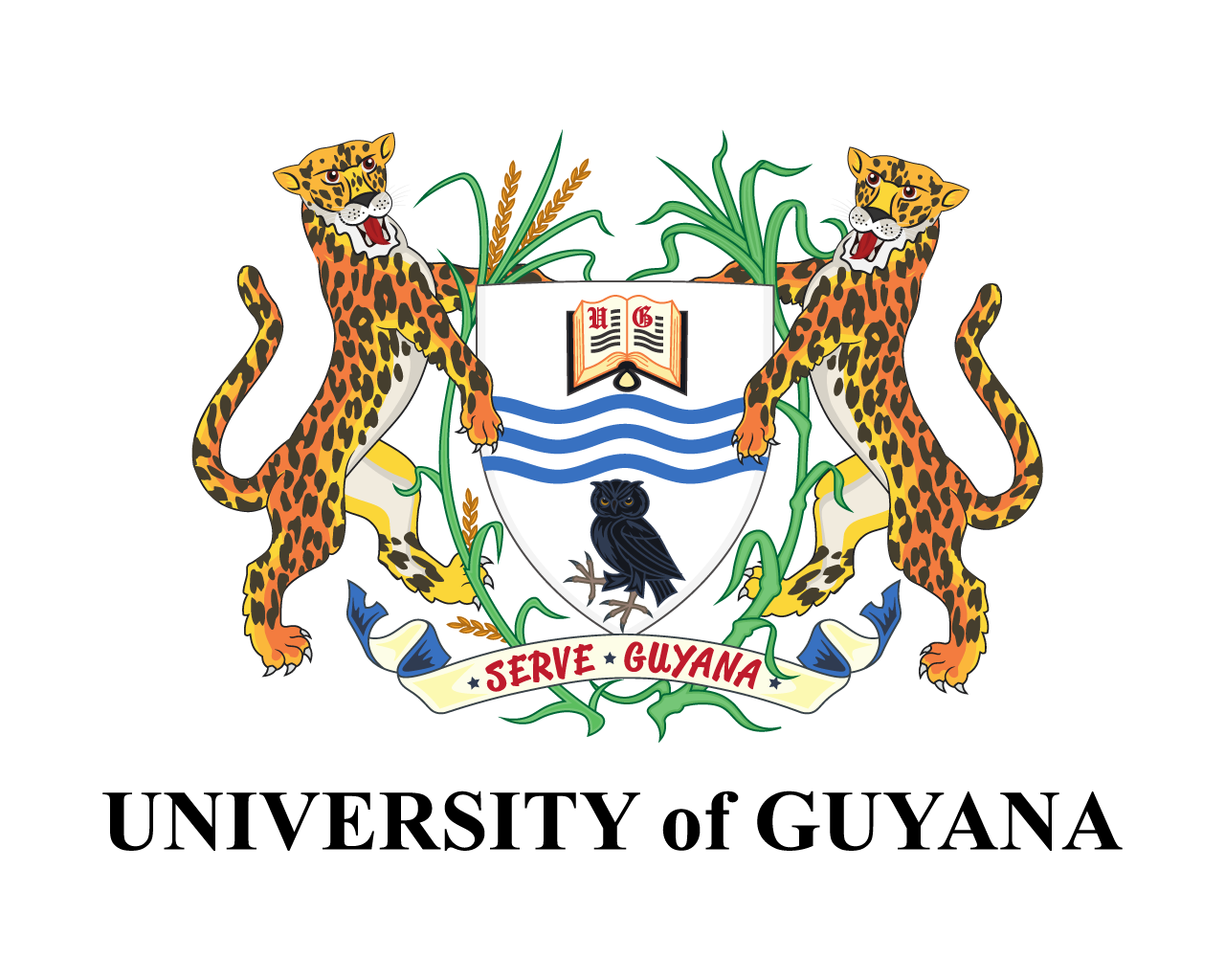On November 30, 2017, a distinguished and knowledgeable panel of experts participated in the tenth installment of the Turkeyen and Tain Talks at the Pegasus Hotel, under the topic Climate Change – The Guyana Imperative for Prospering in a Climate-Altered World.
The panelists included Dean of the Faculty of Earth and Environmental Sciences at UG, Dr. Paulette Bynoe; Presidential Advisor and retired Rear Admiral of the Guyana Defence Force, Gary Best; Climate Change specialist Martina Duncan; Engineer Amir Dillawar, and Caribbean Community (Caricom) Secretariat Energy Expert Dr. Devon Gardner.
Referring to climate change as a clear and present danger, UG Vice Chancellor Professor Ivelaw Griffith spoke of the need for planning in case coastal defences were to be breached. Griffith noted that if this occurs, the inflow of water could undermine current infrastructure. He noted that not even the mangrove forests can withstand the full force of the ocean.
Griffith also spoke of the need to examine the possibility that oil revenues from production after 2020 could be used towards adjusting citizens to the effects of climate change.Referring to his notes, he posited that this can include developing the hinterland and resettling away from the coast.
Meanwhile, Dr Bynoe pointed out that with the increase in harmful gases, an imbalance has been created in the greenhouse effect. According to the specialist, any efforts to mitigate the effects of climate change must take into account safeguarding the agriculture sector.
“We’ve had changes in many extreme weather and climate events, and many of you can testify that you have experienced a number of warmer nights. And it’s very likely that all nine regions will experience heavy precipitation (rainfall) events. How are humans responsible? We have changed the concentration of greenhouse gases in the atmosphere. Without the greenhouse effect, you and I would not be alive here. But the concentration of greenhouse gases would have led to the enhanced greenhouse effect. There are three culprits: carbon dioxide, methane and nitrous oxide.”
Article adapted from: https://guyanatimesgy.com/experts-urge-govt-to-take-proactive-steps-in-combating-effects/

